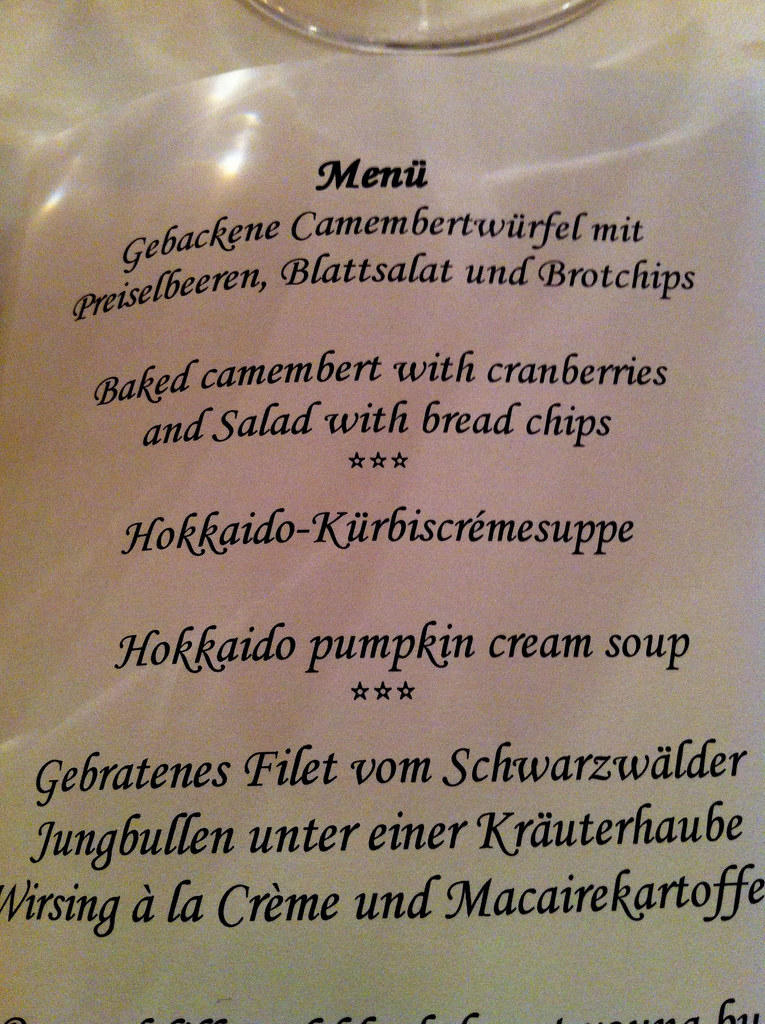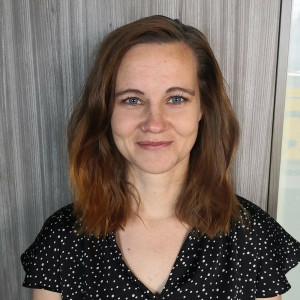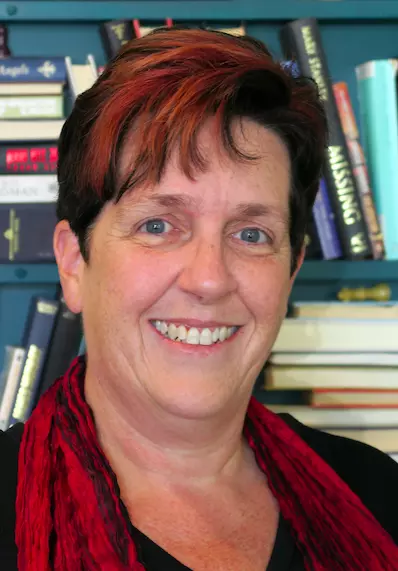The Gold Coast, about 30 km south of Brisbane in sunny Queensland, is not only a popular place to holiday but it is also a great base from which to study.
For students undertaking long term study, the cost of living on the Gold Coast is considerably lower than in Sydney and Melbourne, the other two most sought after study locations in Australia. Add to this the laidback lifestyle, great leisure spots, education and support services and a reliable public transport system, and you have a recipe for study and learning success, for local, interstate and international students alike.
What about learning German? What are your options for German lessons on the Gold Coast? Is there a small group or informal German classes? What degree options are there at university? Is it worthwhile getting a private German tutor — and, if so, are they easy to find in and around the Gold Coast?
We aim to answer these questions and more in this article.


Is German Easy to Learn?
The question really should be: is any language 'easy' to learn? As frustrating as it may feel, language learning success is determined by student motivation.
Generally, motivation comes from within and is related to a personal goal each student wants to achieve. For example, a student who dreams of travelling to Germany, whether for work or to experience life in another culture is more likely to be motivated to learn and study than a student whose parents insist they achieve an 'A' in their German classes.
Still, you may have heard rumours about all the complex grammar rules and super-long vocabulary (like Aufmerksamkeitsdefizit-Hyperaktivitätsstörung) — and now you're wondering if it might be easier to learn Italian, Spanish or French instead. Let's bust those myths, shall we?
German grammar is impossibly complex
Okay, it is — even for some native speakers. The things that cause the most grief are all the types of pronouns — seven of them, to be precise. Before you run a mile, though, if your English grammar is sound then you're off to a good start. From there, it will take some time and some focused memorisation but, at the end of this, you'll find all those pronouns very useful. And, unlike English where rules aren't always absolute, the rules for German grammar are solid.
So, German grammar — complex? Yes. Impossibly so? Not if you're prepared to work at it.
German vocabulary is too long to read, understand and remember
Remember that word from before? Aufmerksamkeitsdefizithyperaktivitätsstörung. It's the longest word in the German dictionary but its English equivalent, attention-deficit hyperactivity disorder could be just as confusing to the English language student.
The biggest difference between German and English is that, in English, we often separate longer words with spaces and hyphens, whereas, in German, this often does not happen.
Take a more simple example: busfahrer and bus driver. In English, the two components are separated; in German, they're not. Once German students understand this, and learn to look at individual components in vocabulary, German becomes much easier to read.
German and English have nothing in common
Actually, nothing could be further from the truth.
English and German are from the same language family. Forty per cent of vocabulary words in German are similar to English words with the same meaning. And around eighty per cent of phrases we commonly use in English have a German origin.

Now that those myths are busted but you're still aware you will have to work hard to improve your skills and proficiency level, let's have a look at where you can take German lessons in the Gold Coast or the best place to find a German tutor for private classes.
German Classes in the Gold Coast
For a city known for its holidaymakers and fun times, the Gold Coast also has a surprising number of education facilities, including language academies, community group language lessons and independent tutors.
Here are a few to help you start your search.
German on the Coast
With lessons facilitated by the lovely Sandra, German on the Coast offers group, private and online lessons (via Skype) for adults, kids and absolute beginners.
Kids can start learning German through Schnappi Club, where Sandra visits childcare facilities to deliver short, fun and playful oral language lessons. They can then continue their learning as school-aged students with private lessons of 30-minutes duration.
Adults can take private or small group lessons, flexibly tailored to individual needs, whether it involves building formal skills to pass the next level of the proficiency test, or German for travel.
The Language Academy
Located in the heart of Broadbeach, The Language Academy started as an education institute for international students to learn English. It soon broadened to include programs of study in seven other languages — Spanish, Mandarin, French, Italian, Japanese, Portuguese and German.
The learning environment is modern and encourages student communication and engagement, with its open study areas, common and lounge room facilities and a shared kitchenette.
Fun Languages Australia
Originating as LCF Clubs (Le Club Français) over 30 years ago, the group specialised as fun French language clubs for kids in the UK. They expanded first to include Spanish and now have over 5,000 international language centres, teaching French, Italian, Mandarin, Spanish, English and German.
Language classes are offered for preschool-aged children up to students in Year 7.
TAFE Queensland (Gold Coast)
The Technical and Further Education Institute runs a number of language courses, including German for Absolute Beginners. This short course focuses on students who want to travel to Germany and obtain a basic conversational level of spoken German to assist them in negotiating daily life scenarios.
At the end of the course, students should expect to be able to initiate and continue simple conversations, ask basic questions and understand the responses.
Griffith University (Gold Coast campus)
Spread over 6 campus areas, including the Gold Coast, Griffith University consistently ranks in the top two per cent of universities on an international level. The Gold Coast campus hosts over 21,000 students, with a wide range of disciplines.
German language study can feature as a major in a number of bachelor and honours degrees, including:
- Government and International Relations
- Languages and Linguistics
- Laws/Arts.

The key to any language lessons, whether German, Spanish or French, is practice. Of course, this means having someone to practise with, especially when it comes to conversation. For this reason, many students prefer larger classes or small group lessons.
The advantage of group learning is the ability to have other students who you can bounce ideas off — the disadvantage is having other students who take teacher time away from you.
This is where a private tutor comes in. You can get the best of both worlds here — someone to practise with and a hundred per cent focus on you and your needs.
Superprof
Were you aware there are over 4,000 German tutors throughout Australia on the Superprof platform. What are the chances you won't find one that is the perfect match for you. And if they're over the other side of Australia, in Perth, down south in Adelaide, or even in Canberra (where it's too cold to live in winter!), it doesn't matter because your lessons can be just as awesome when they're online.
Finding the perfect Superprof tutor is easy. Simply set the filters for the type of tutor you're after and you'll be provided with a shortlist of tutors and their profiles, where you'll find everything you need from their experience and qualifications to the types of lessons they teach and the level. The first lesson is almost always free too, by the way.
Getting the Most Out of a German Tutor
It seems there are more and more tutoring platforms being listed online every day. Most of these match the tutor with the student, rather than letting each individual student select their tutor. However, this is not to say you won't find your ideal tutor this way.
Other options to find a tutor include:
- keeping an eye on university noticeboards, particularly in the languages and education faculties
- checking in with student services
- asking your teachers (or ex-teachers) if they know someone, or would be able to tutor you themselves
- check job platforms, like Gumtree
- regularly examine community and public noticeboards in your area for advertisements from people offering tutoring in German.
However you find your tutor, it is crucial that you clearly communicate your needs so your tutor knows what to plan and what vocabulary or grammar is needed by you. If you want more practice with oral communication — ask. If you want to learn more about the culture and traditions — ask. Lessons with your tutor should be driven by you.
Übung macht den Meister. (Practice is what makes a master.)
Discover your perfect tutor and take a German course on Superprof today!
Summarise with AI:















